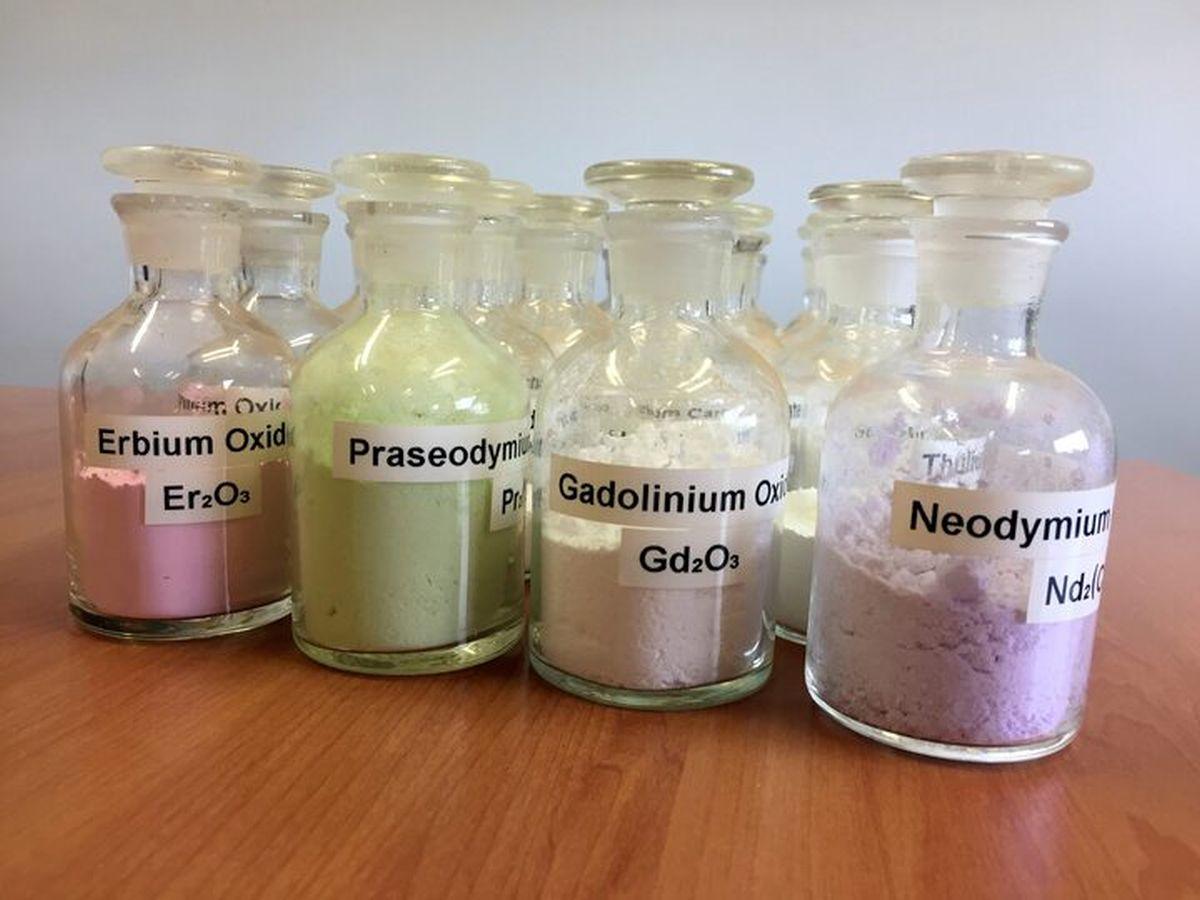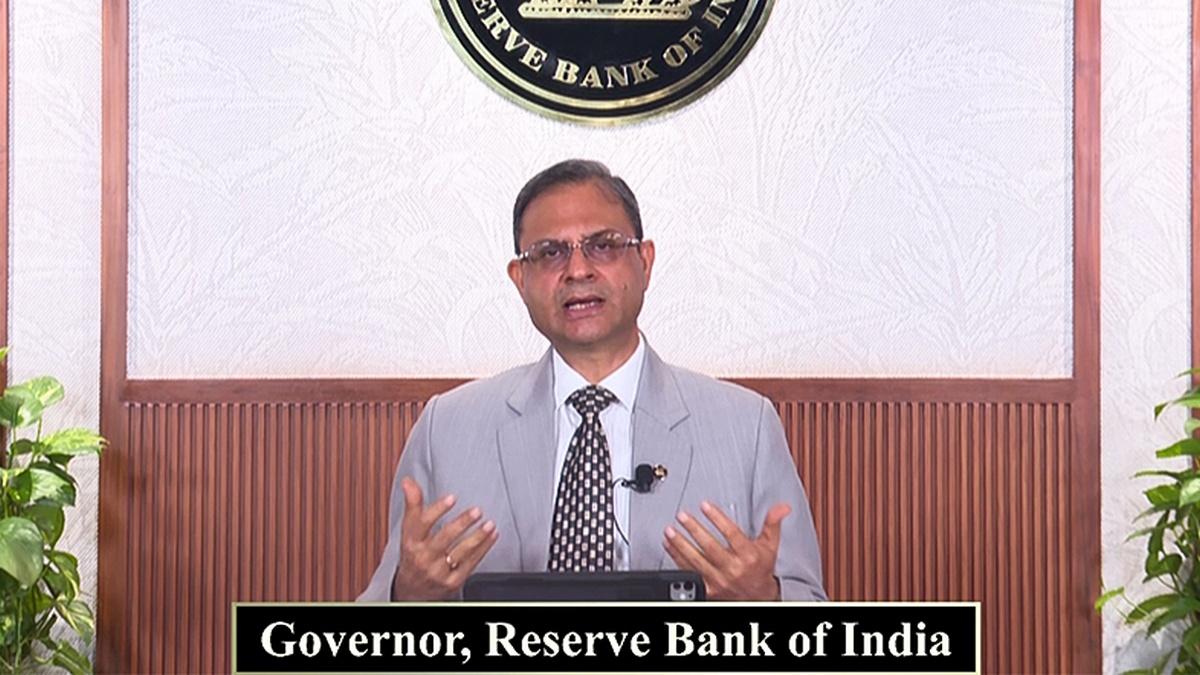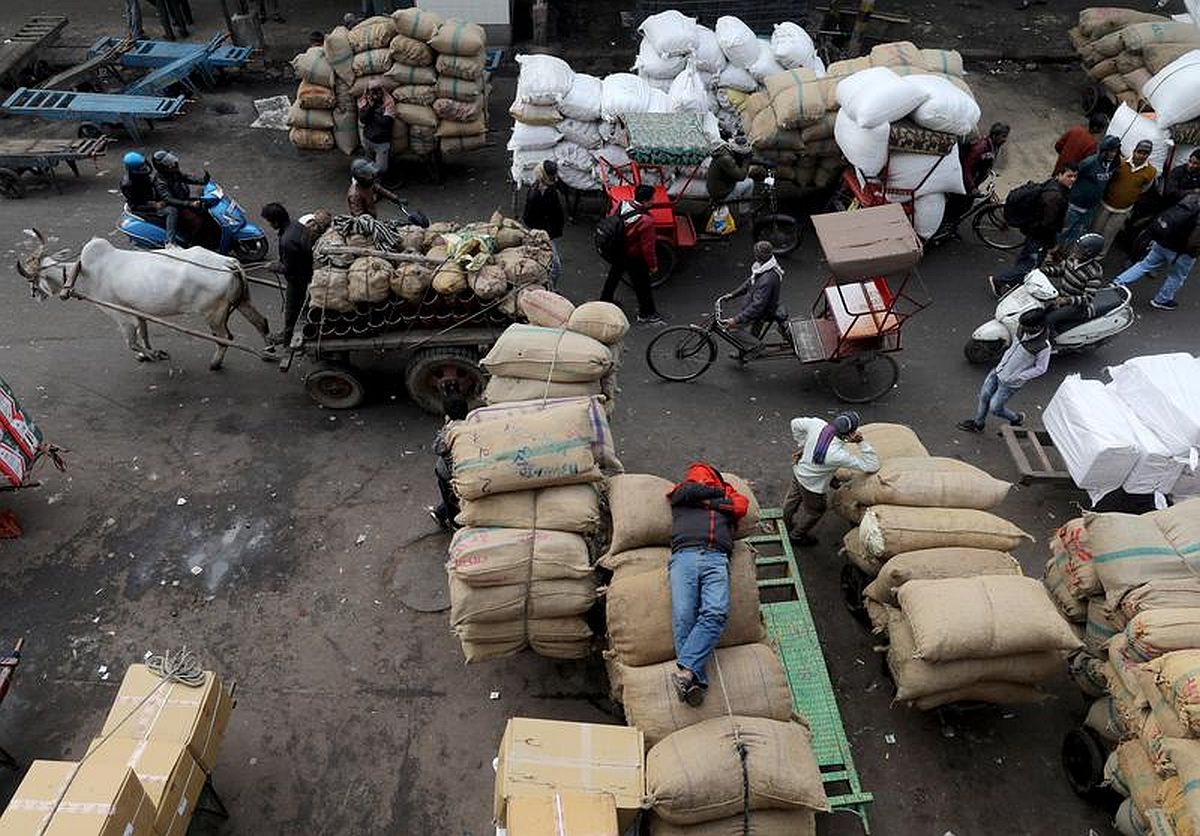China’s export curbs on critical minerals crucial for India’s electronics sectors are no longer mere warnings but a wake-up call for New Delhi, underscoring the need for urgent measures like reverse-engineering of low- to mid-tech imports to cut overreliance on Beijing, think tank GTRI said on Thursday.

Photograph: Melanie Burton/Reuters
In a series of calculated moves, China has stepped up its use of economic leverage to constrain India’s industrial ambitions, the Global Trade Research Initiative (GTRI) said.
Over the past year, Beijing has systematically restricted exports of critical raw materials and engineering support, sending a clear warning to New Delhi as geopolitical tensions and trade realignments intensify.
Since mid-2023, China has imposed curbs on exports of critical minerals such as gallium and germanium — essential for India’s electronics, EV, and defence industries.
Similarly in late 2024, the restrictions were extended to graphite, dealing a direct blow to India’s clean energy and battery manufacturing sectors, it said, adding that citing national security reasons, Beijing has cloaked these actions in strategic ambiguity, while tightening its grip on supply chains that India is still dependent on.
“The pressure mounted further in June 2025, when Chinese battery giant CATL reportedly directed Foxconn to withdraw all Chinese engineers from its manufacturing unit near Chennai.
“The move disrupted timelines and coordination at a crucial time for India’s electronics and EV supply chain buildout,” GTRI Founder Ajay Srivastava said.
India’s imports from China surged in FY25, while exports declined sharply. It has led to a widening trade deceit of $100 billion.
Chinese firms now supply over 80 per cent of India’s needs in laptops, solar panels, antibiotics, viscose yarn, and lithium-ion batteries, deepening strategic vulnerabilities.
“India must act to slash Chinese import dependence.
“There is an urgent need to do reverse-engineering of low- to mid-tech imports, domestic production incentives, and long-term investment in deep-tech manufacturing to reduce overreliance on a geopolitical rival and build economic resilience,” Srivastava said.
He added that a strategic and phased approach can help reduce this dependence significantly.
“The first step is to launch a nationwide reverse-engineering initiative.
“Sector-specific industrial labs should be set up to deconstruct commonly imported goods and develop standardised, open-access blueprints,” he said.
These designs can then be shared with Indian MSMEs for niche production and with larger firms for mass manufacturing, he suggested.
This model, Srivastava said, combining public R&D and private production, would enable rapid substitution of many high-volume imports.
“India should also create a ‘Localize-100’ tracker to monitor progress on localising the top 100 low- and mid-tech imports from China,” he said.




